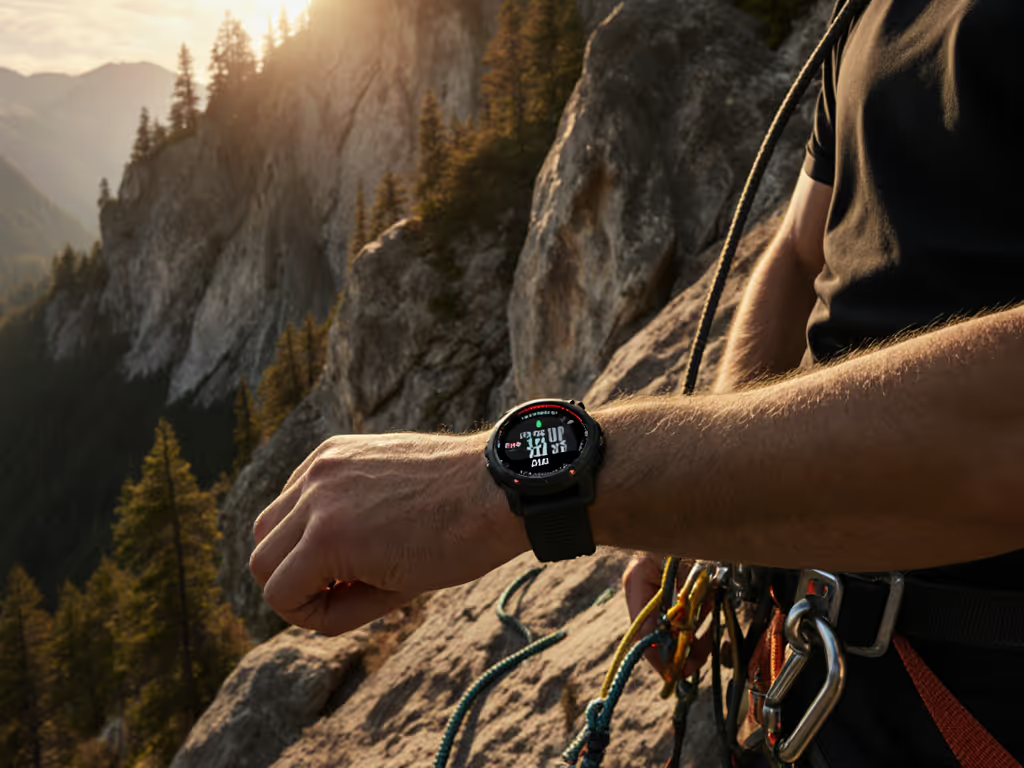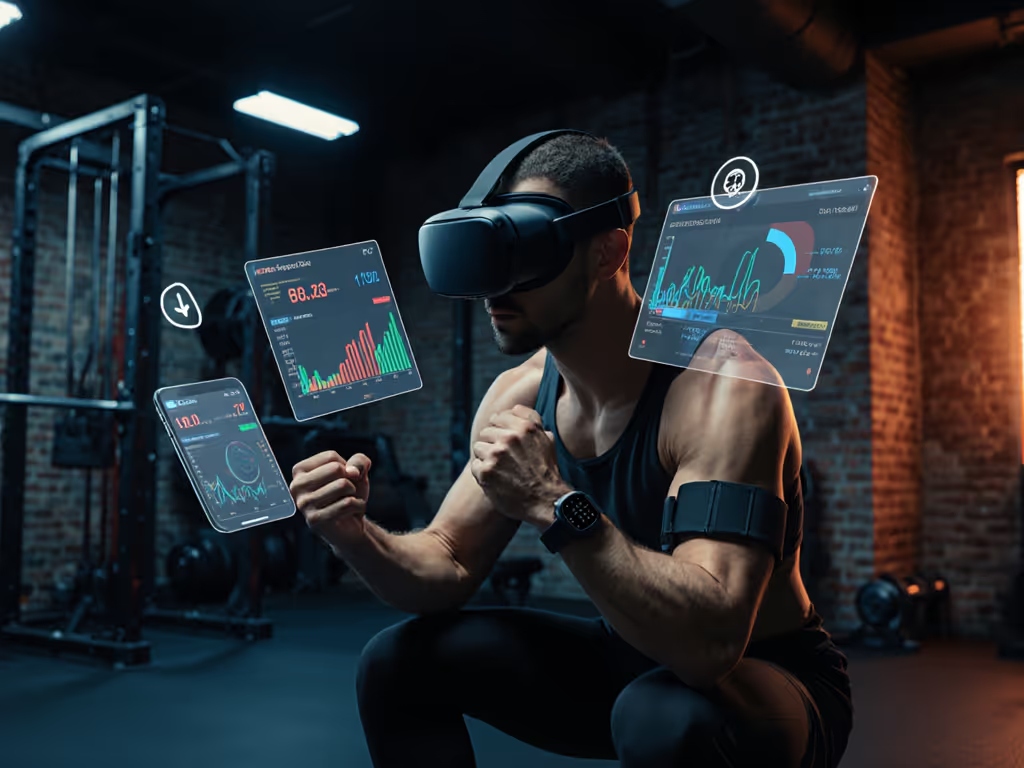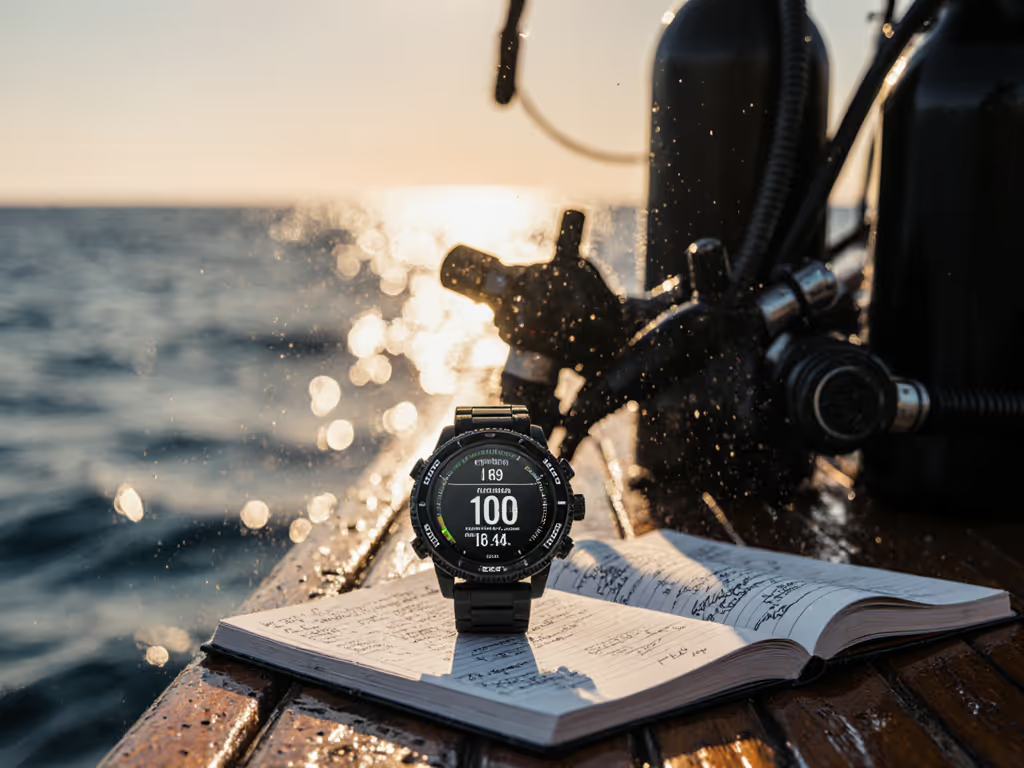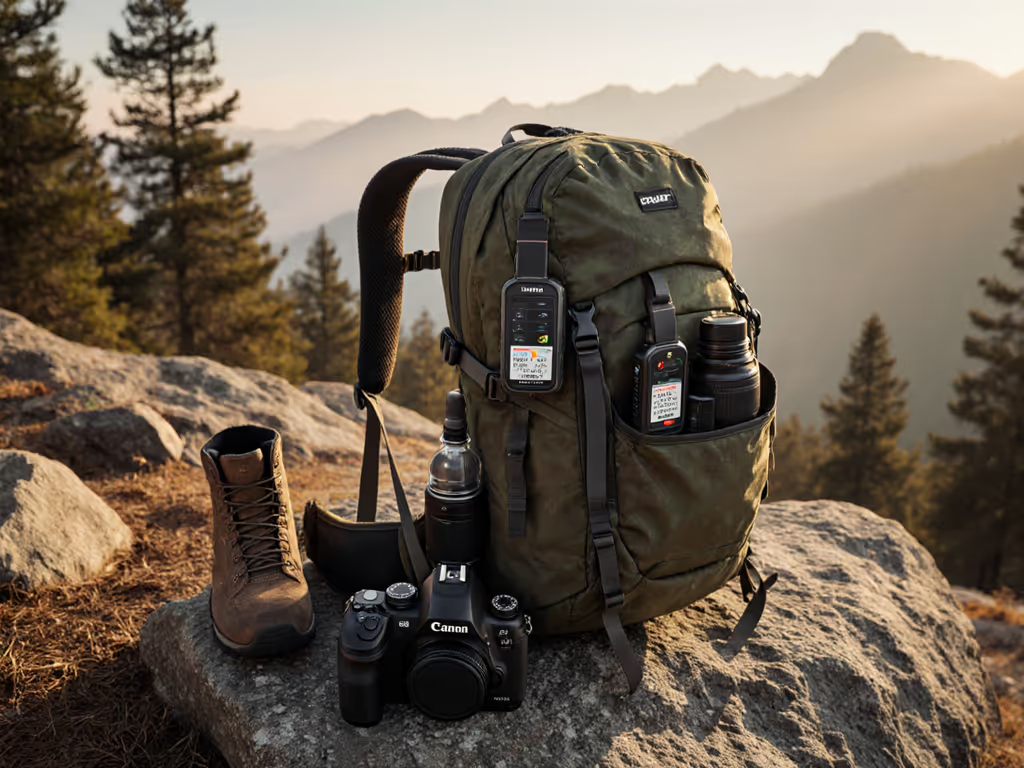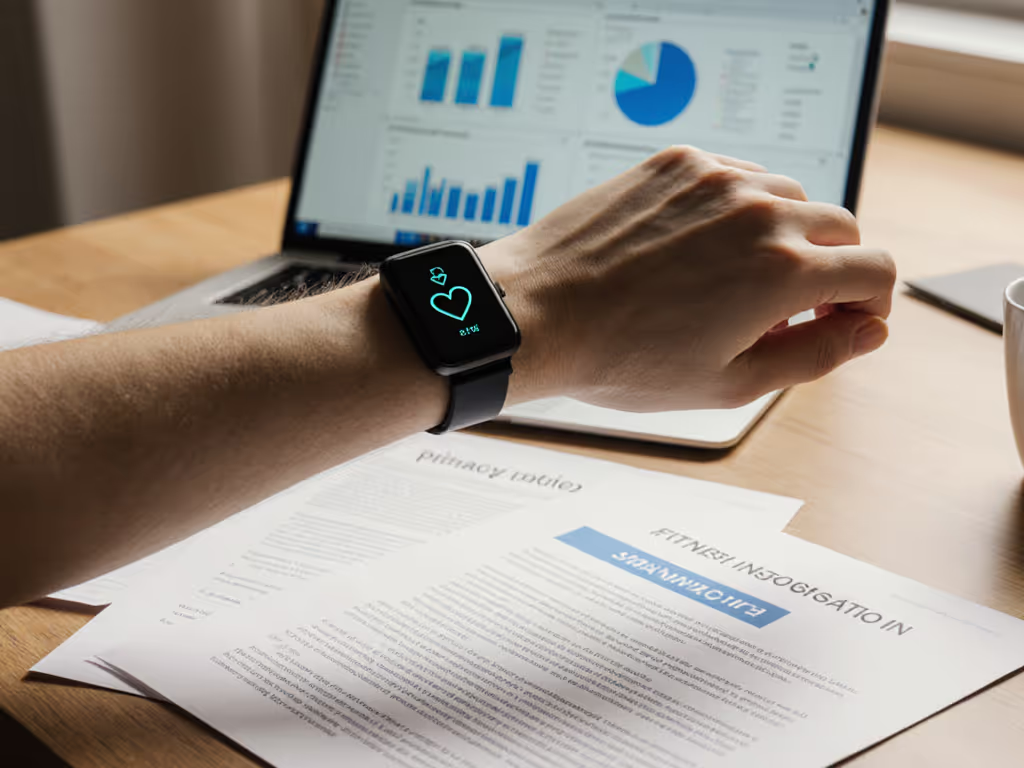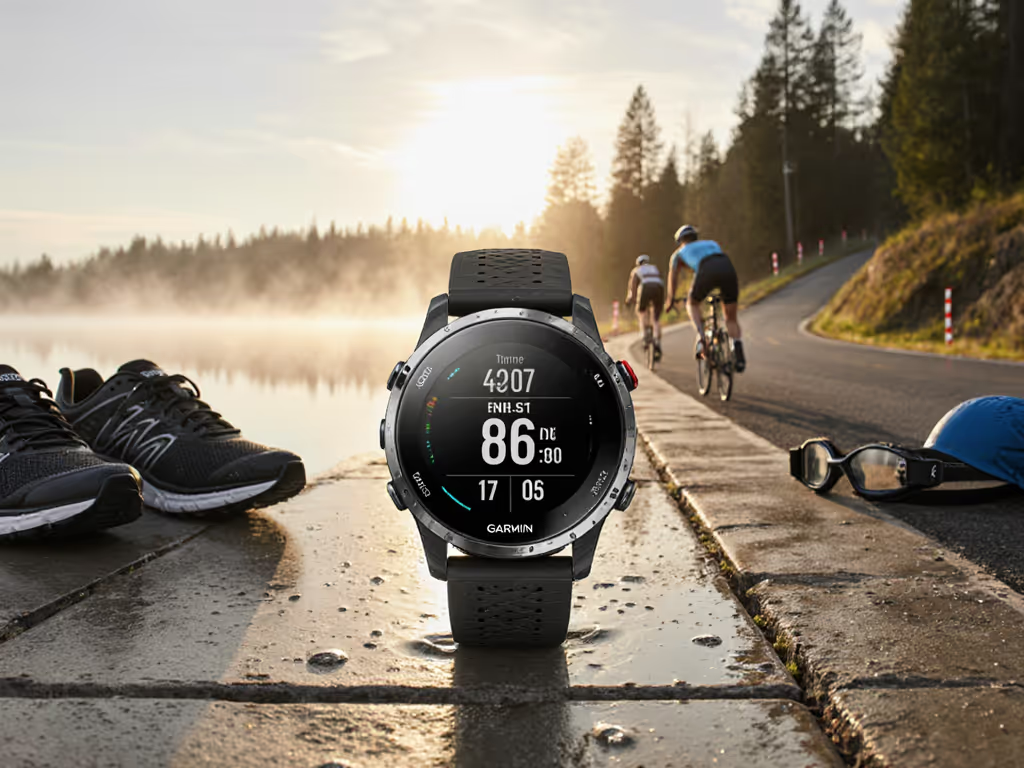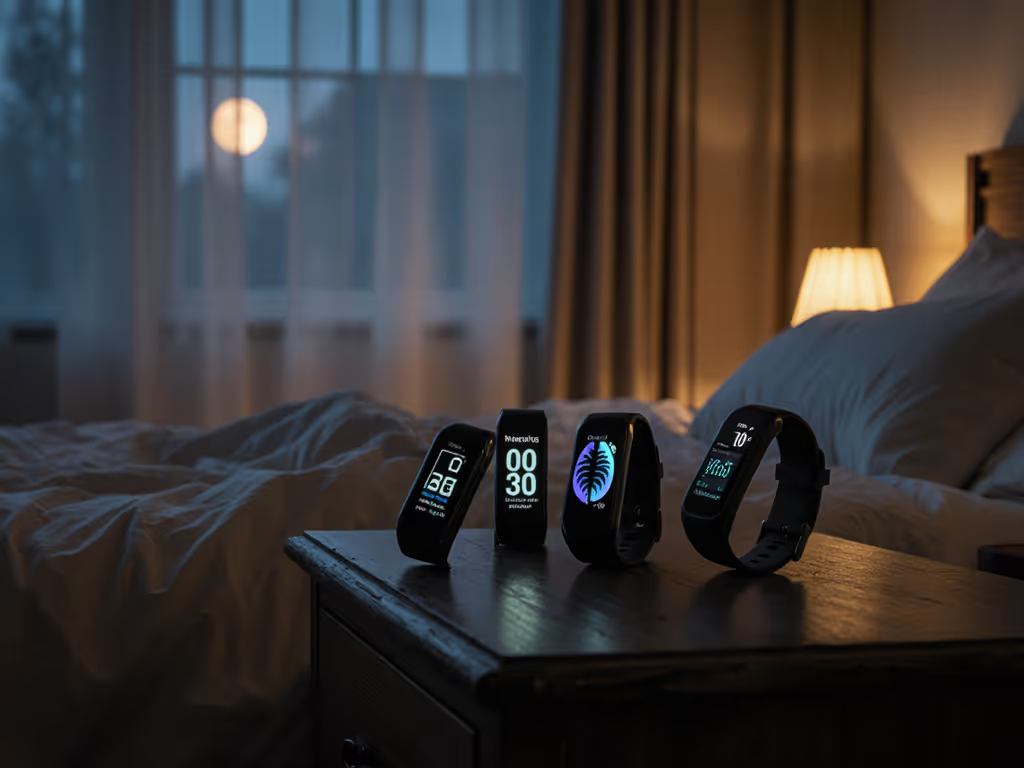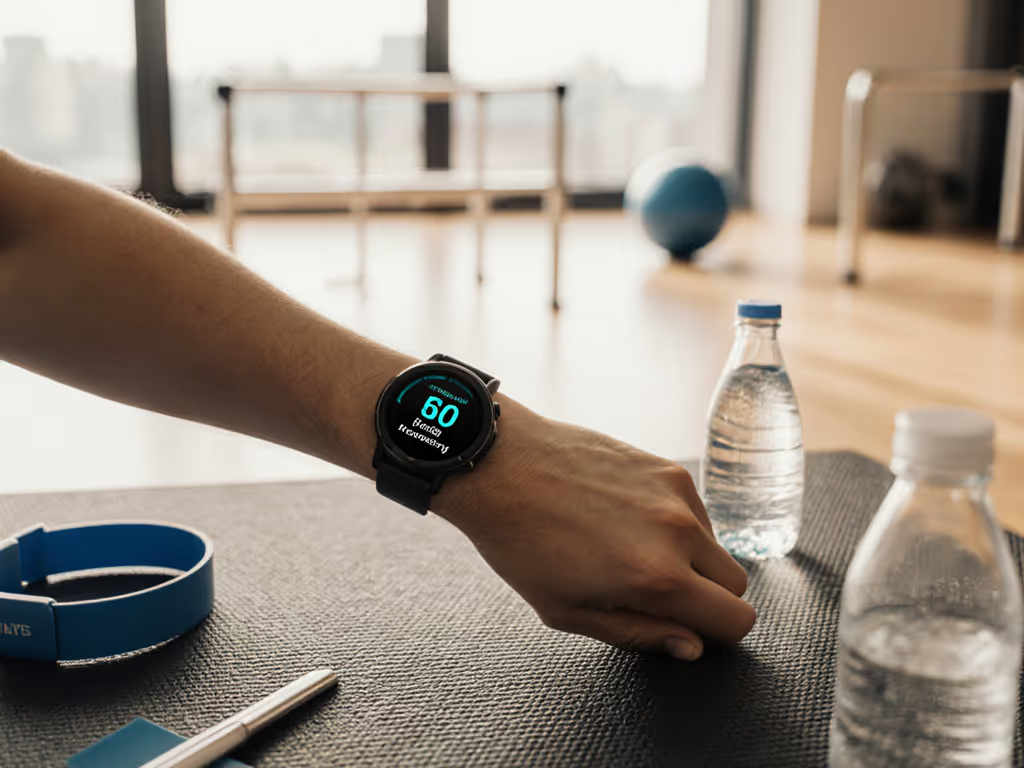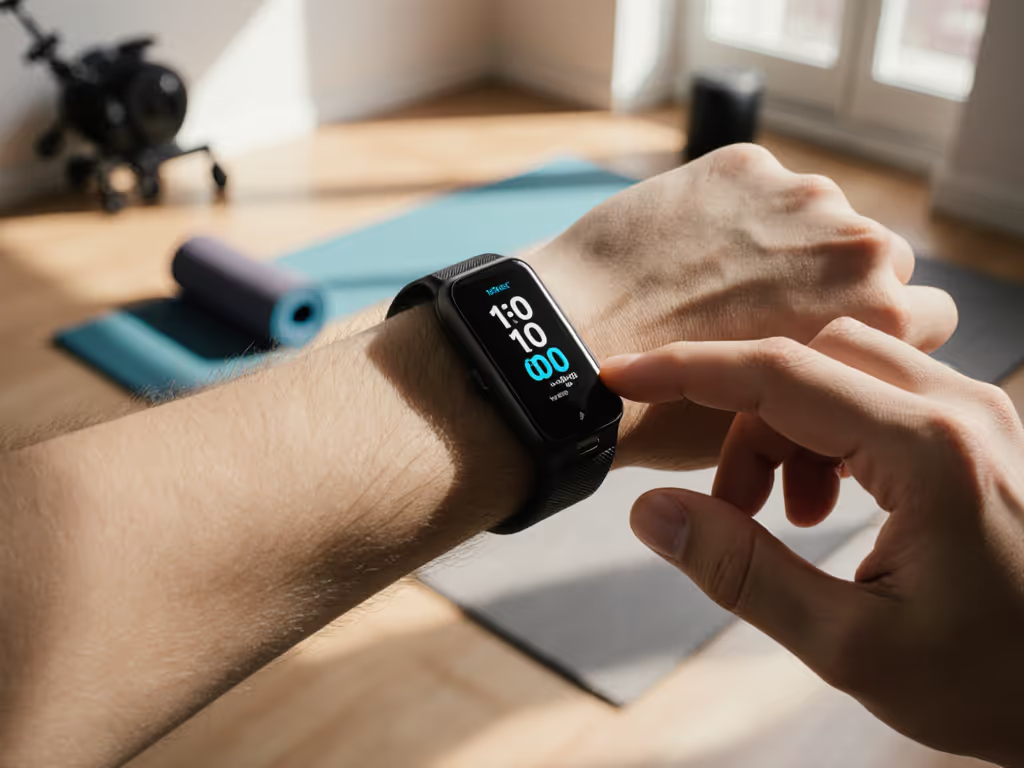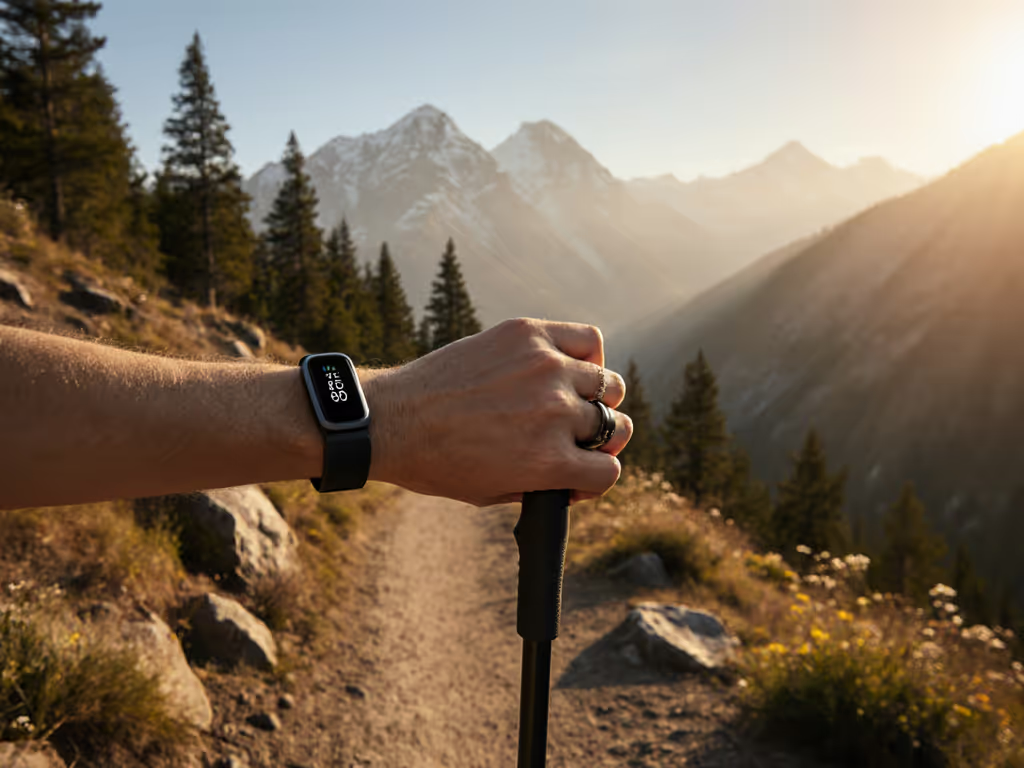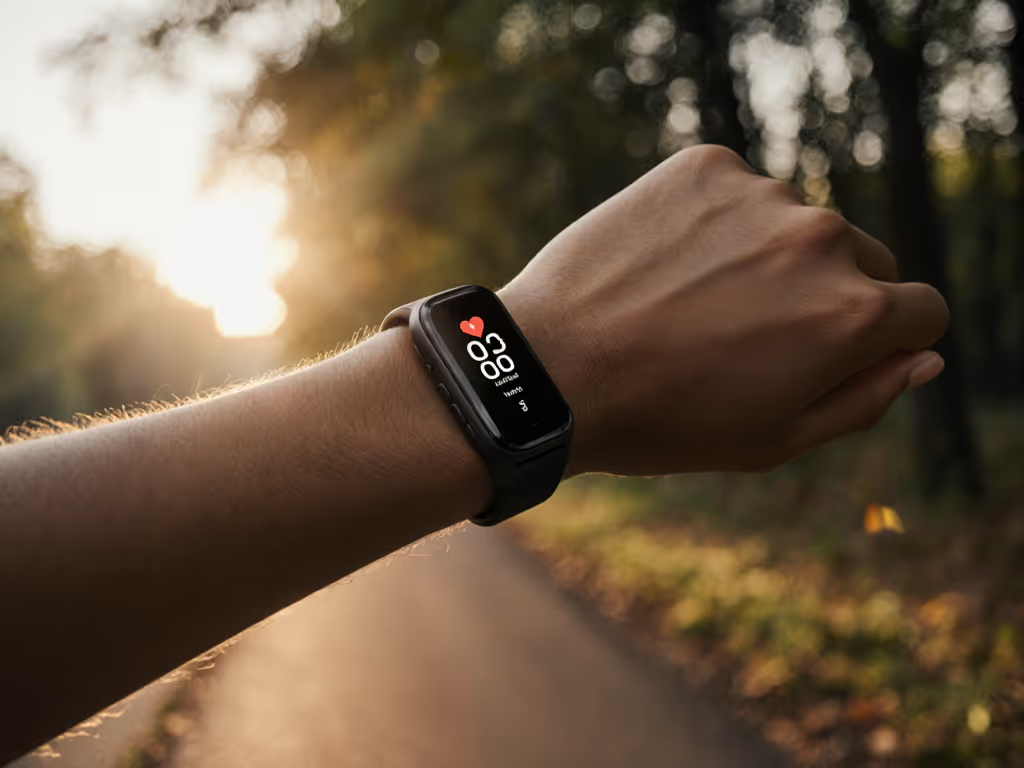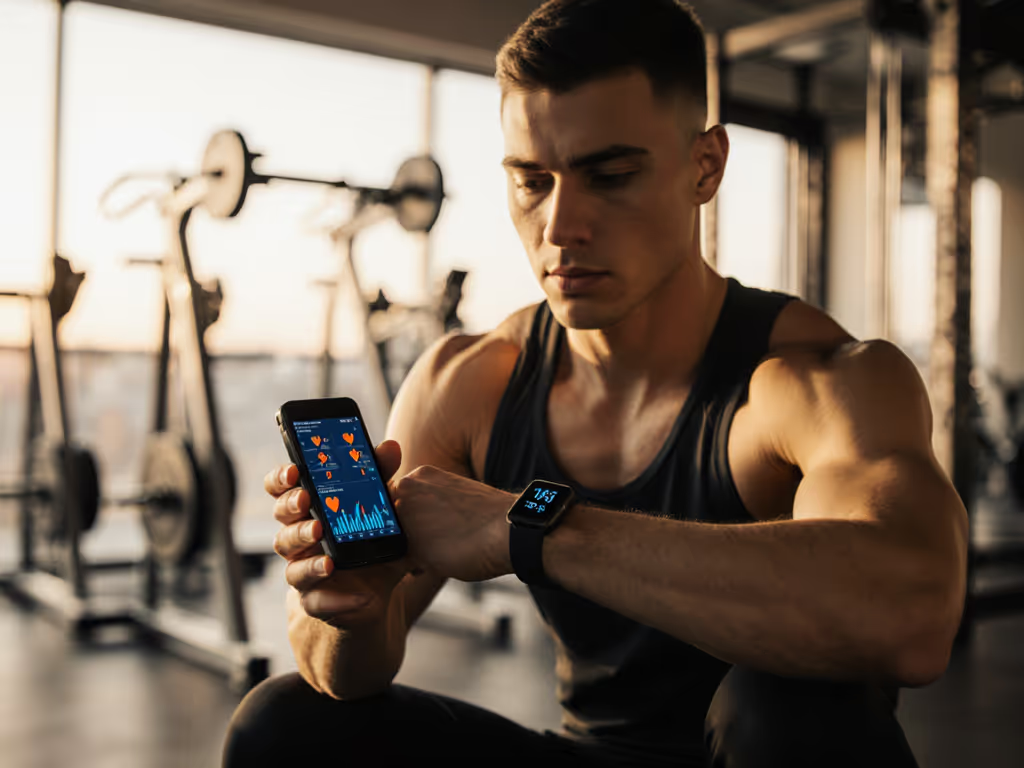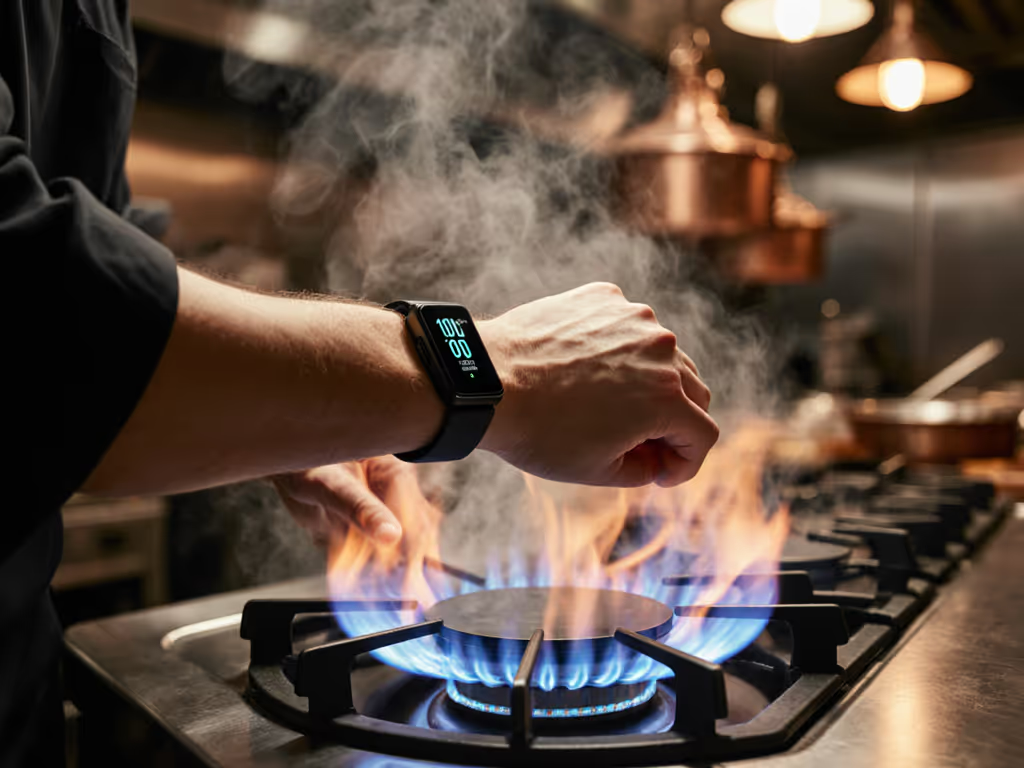
Browse by Category

Device Comparisons & Versus Guides
Side-by-side comparisons of popular fitness trackers by ecosystem, sport, health features, and overall value to help you choose between specific models.
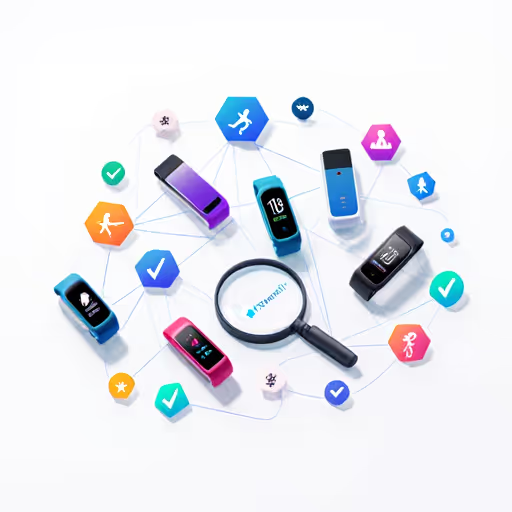
Best Picks & Buying Guides
Curated recommendations tailored to needs, activities, demographics, and budgets—find the right tracker for swimming, seniors, women’s health, battery life, weight loss, and affordable options.

Health Metrics & How to Use Them
Plain-English explanations of key health metrics (sleep, stress, VO2 Max, heart rate, ECG/AFib, blood pressure estimation) and practical guides for turning tracker data into actionable habits and improvements.

Tracker Technology & History
Deep dives into how trackers work (e.g., heart rate, step counting) and the evolution of wearable tech—what’s under the hood and how we got here.

